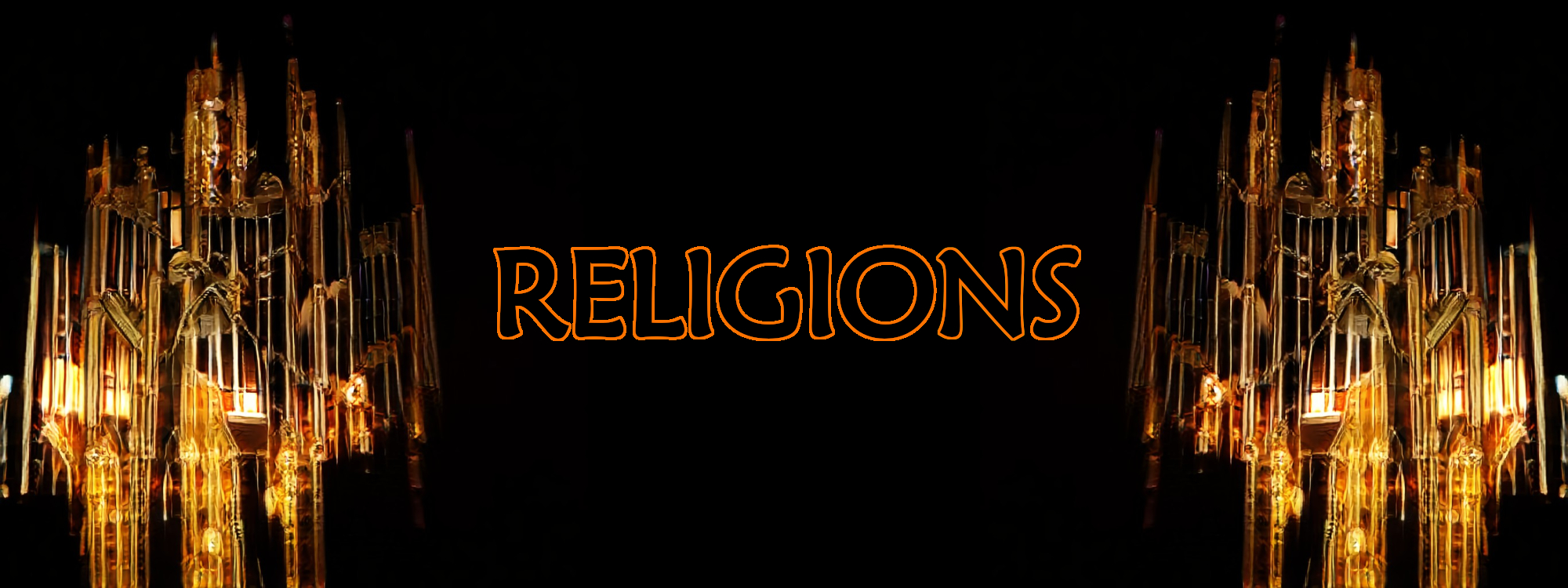Preparation
Dalantai children prepare for the Törvaarai from the age that they can hold a skinning knife. The way of life of the
nomad tribes revolves around the breeding of horses, their most sacred animal and their most precious resource. Horses not only carry the Dalantai on their backs across the plains of the
Blasted Steppe but also provide invaluable meat and crafting materials. Every Dalantai must know their way around a horse, each of them must learn to ride, and each must be able to efficiently harvest every last scrap of resources from such a valuable beast.
Dalantai parents pass on their skills to their children. Despite their society being largely patriarchal, horse-related skills are taught to both sexes for they are invaluable to all.
Execution
A törvaarai is held when declared by the tribe's wisewoman. To undertake the törvaarai, a child must have survived 15 winters. The ceremonies are held in the summer, but the exact day is ordained by divine portents and not mortal reckoning.
The ceremony begins with the wisewoman gathering the chosen adolescents, known as
torvüs, of which there can be more than one, and painting them with paints prepared from the
northern meadowbell, the sacred flower of the Dalantai.
Next, the butchering of the horse or horses occurs in plain view of the tribe's encampment. The entire community must observe. Depending on the tribe's need for resources as well as the size of their herd of horses, there might not be a horse for everyone undertaking the törvaarai. In such cases the torvüs will work as a team. Regardless, the task must be performed in complete silence -- neither the torvüs nor the observants are allowed to make a sound. Only the wisewoman may speak, for she must continuously chant prayers to the
Golden Triad.
Once the butchering is done and all the harvested parts have been laid out in view of the observants, the tribe is allowed to show their favor with exclamations. The torvüs must remain silent until the tribe's wisewoman has ceremoniously inspected their handiwork and given them her blessing. The bones and leathers are then distributed to appropriate recipients as dictated by the needs of the tribe. This process is usually overseen by the leader of the tribe. The torvüs themselves are always given something valuable, such as leather for a belt or scabbard or hair for a new bowstring.
The final stage of a törvaarai is a communal feast. The meat from the horse is prepared with the most expensive of flavor-increasing reagents and the entire tribe partakes in the meal. Festivities can continue long into the night. During the feast the succesful torvüs are each given their own horse from the tribe's herd. Every Dalantai must own a horse to survive, and it is a sacred duty to take good care of one's mount -- a duty that can only be entrusted to an adult.
Variations
The many Dalantai tribes of the Blasted Steppe each have their own nyances of culture and religious practice. Some tribes treat the törvaarai as a competition, and only the fastest torvüs are given parts of the butchered horses as prices. Of course, some tribes are so small that there rarely are more than one torvü undertaking the törvaarai at any one time. Others tribes might combine the ceremony with trials of combat that may take place before or after the butchering. Tribes with small herds of horses might decide through duels or a battle royale that which of the torvüs is given the honor of butchering the single horse that is to be sacrificed in the törvaarai.


Comments